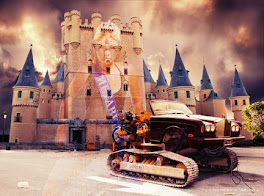- Name a London-based "consulting detective" whose abilities border on the fantastic. This man is famous for his astute logical reasoning, his ability to adopt almost any disguise, and his use of forensic science to solve difficult cases.
- Inductive reasoning attempts to support a determination of the rule. It hypothesizes a rule after numerous examples are taken to be a conclusion that follows from a precondition in terms of such a rule.
Example: "The grass got wet numerous times when it rained, therefore:
the grass always gets wet when it rains." While they may be persuasive,
these arguments are not deductively valid, see the problem of induction. Science is associated with this type of reasoning.
- Abductive reasoning, aka inference to the best explanation, selects a cogent set of preconditions. Given a true conclusion and a rule, it attempts to select some possible premises that, if true also, can support the conclusion,
though not uniquely. Example: "When it rains, the grass gets wet. The
grass is outside and nothing outside is dry, therefore: maybe it
rained." Diagnosticians and detectives are commonly associated with this type of reasoning.

What reason do we have to look for the outrageous - to create vehicular architecture and architectural vehicles?






























![Validate my Atom 1.0 feed [Valid Atom 1.0]](valid-atom.png)